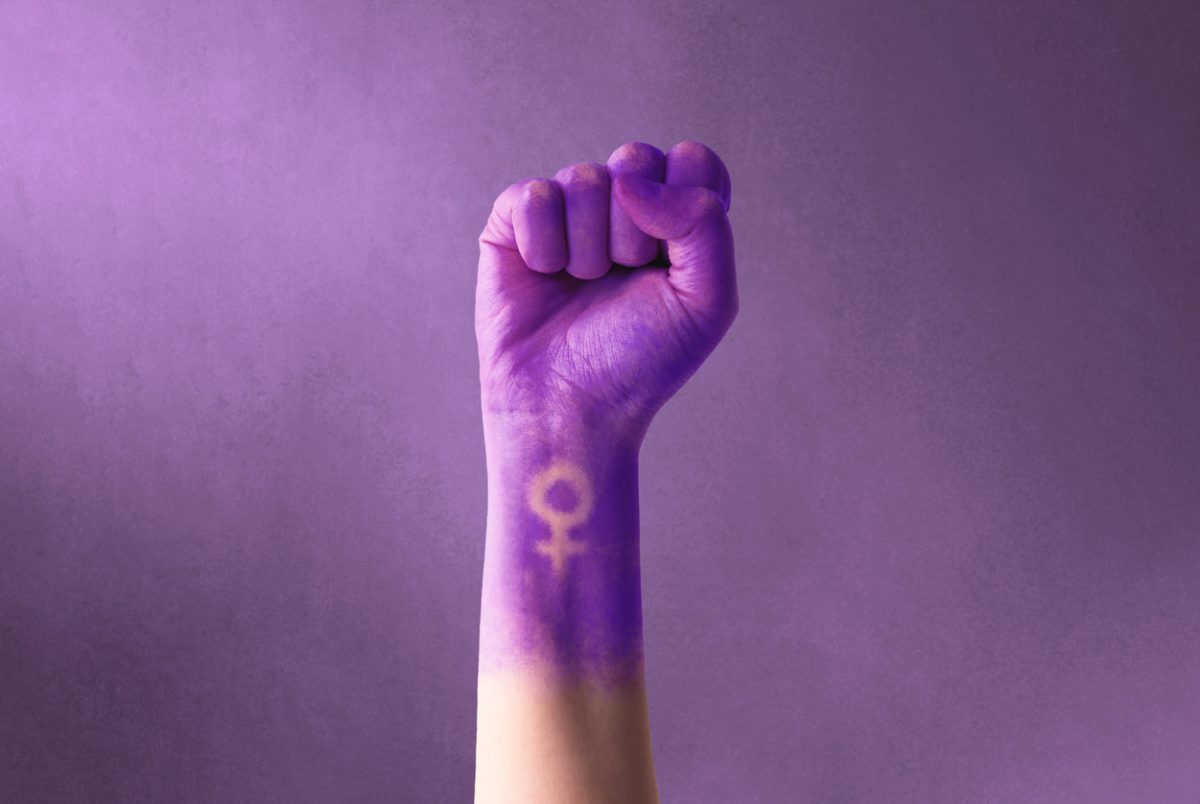
Gender equality may not have been completely achieved, but large areas of inequality have been drastically changed. Photo: Adrian Vidal.
I was politely chatting away at an event on the weekend when an acquaintance approached and called out, “Whoa, don’t talk to the feminist!”
I wasn’t aware I was wearing my uniform, but I guess my reputation precedes me. We laughed, and the conversation moved on, but I mulled on this later.
See, it was clear that to the guy who had made the joke, my feminist identity was something to be scorned and made fun of. He isn’t the first to suggest this. I’ve been an out and proud feminist since I was a teenager, and people have gone to great lengths to tell me how awful feminism is since then and likely will continue to do so until the day I die.
Because the reality is I will always be a feminist right up to my last breath. Regardless of how that word is co-opted by brands and celebrities, how it’s muddied by politicians and reviled by misogynists, my feminism isn’t something I don when it suits me. It’s a system of values that guides all of my life, and though it might irk you to learn this, it’s highly likely that you also practice feminist principles, regardless of what you think of the term.
Feminism is about equality.
There is really nothing that complicated about it. What makes it complicated is how a fundamental belief in equality is difficult to put into practice in a world that is predicated on systems of inequality.
The reason so many people balk at feminism is because to truly, genuinely strive for equality for all people regardless of gender, sexuality, ethnicity, religion, ability etc, we would have to be willing to concede some of the privileges we might enjoy as a result of existing inequalities. It’s hard to accept, and so it’s easier to villainise a movement instead.
But progress is inevitable, and despite those who tried to withstand the gains of feminism, we now live in a world that has been irrevocably changed by my feminist foremothers.
Gender equality may not have been completely achieved, but large areas of inequality have been drastically changed – suffrage, the right to work, bodily autonomy and rights, representative leadership, a growing understanding of gender diversity, etc.
And some previously scandalous feminist ideals are now the accepted norm. So if you believe that women should have the right to vote, to work, to choose how to spend their lives with or without a male partner, to own property and to hold elected office, to name just a few basic and early feminist wins, you are a feminist. Or, at the very least, you have a lot in common with one.
If that troubles you, and you feel moved to point out all the ways in which you’re not a feminist, then you clearly, fundamentally don’t believe that women or anyone other than a cis, straight white man, is worthy of basic human rights and freedoms. Because that’s what a not-feminist must believe if they vehemently disagree with the basic principles of equality that feminism stands for.
In all likelihood, the problems you think you have with feminism are actually problems you have with a particular individual’s opinions or another power system or social inequality that in some way interacts with gender. But I doubt the cause is feminism – that’s just the narrative that anti-feminist, prejudiced movements want us to believe.
So, if you do happen to see me out and about and want to brand me as a feminist, please feel free – next time, I’ll wear my feminist badge to make it even easier to identify me because if there’s one thing I am definitely not ashamed of, it’s the values I hold as an out and proud feminist.





















